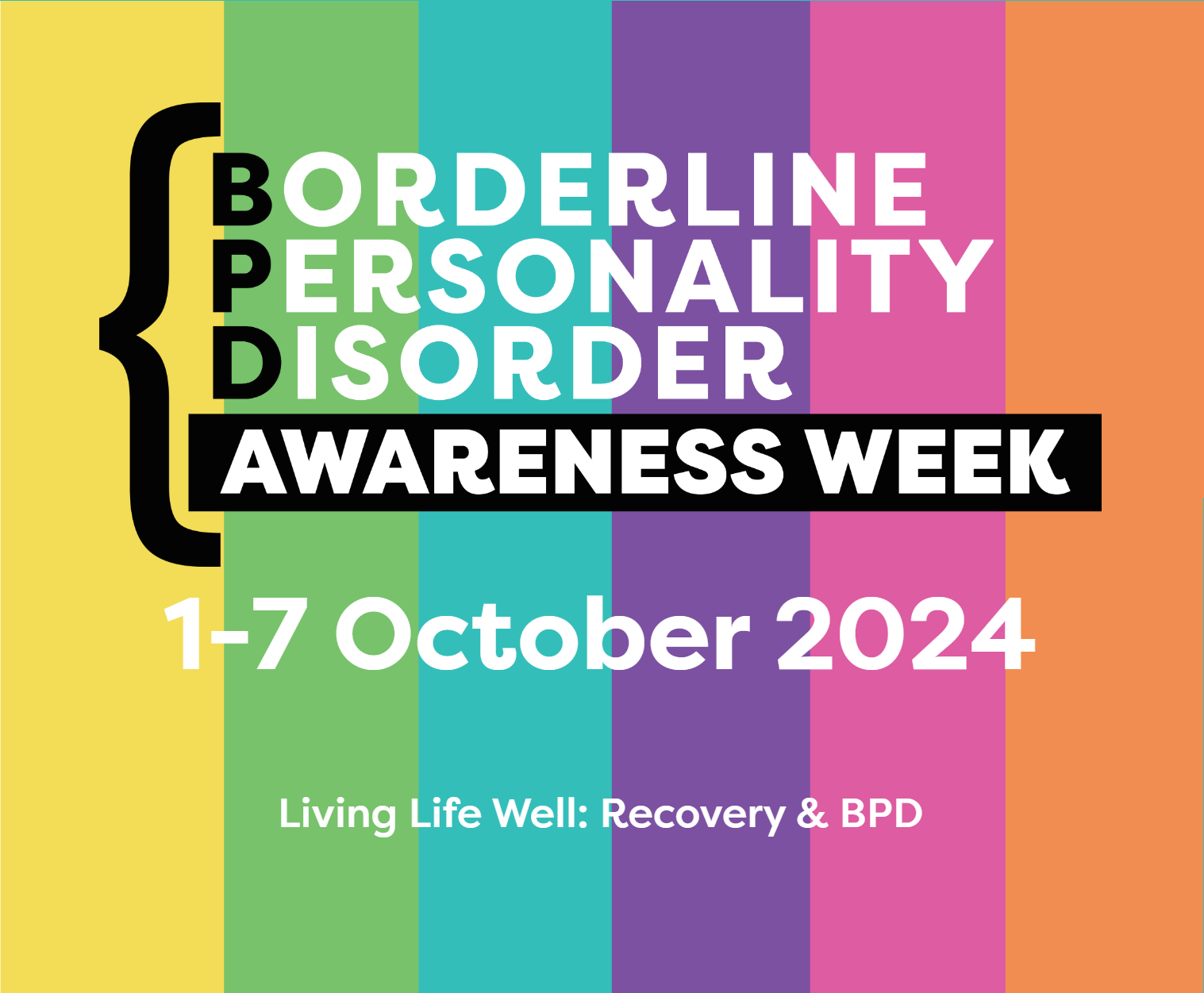IPS Employment Scheme
Meeting Notes, September 2021
This month, we focussed on a unique employment program for people with mental health issues: the Individual Placement and Support (IPS) program.
Having a job contributes to mental health recovery and resilience. It can mean financial independence, sense of purpose, and being a part of society.
IPS supports people with mental illness to gain and maintain employment. In many countries across the world, evidence shows IPS is far more effective than traditional methods
Ellie Heard (Social Worker, Eastern Community Mental Health Centre) and Tim Wiseman (Regional IPS Coordinator, Community Bridging Services Inc.) spoke about their current IPS programs, being delivered at Eastern and Western Community Mental Health centres.
Here are our notes, based on the presentations given:
The Individual Placement and Support Program (IPS)
Our Notes, Based on A talk about IPS
Speakers were:
- Ellie Heard (Social Worker, Eastern Community Mental Health Centre) and
- Tim Wiseman (Regional Individual Placement and Support (IPS) program Coordinator, Community Bridging Services Inc.)
Ellie and Tim provided information about the Individual Placement and Support program (IPS) delivered through a partnership between Eastern Community Mental Health Centre (ECMHC) and Community Bridging Services (CBS).
IPS is an internationally recognised, evidence-based model of supported employment, for people with a mental illness. Evidence shows that it significantly improves employment outcomes.
The IPS model requires an Employment Specialist to be co-located into a community mental health team to work closely with a Mental Health Worker. They follow the IPS method which has 8 core principles, critical to its success.
The Employment Specialist comes from Community Bridging Services Inc. CBS is a not-for-profit organisation which provides a number of different programs, including Disability Employment Services and the Individual Placement Support Program.
The Mental Health Worker comes from Eastern Community Mental Health Centre to provide mental health support.
There is very tight collaboration within this multi-disciplinary team – seamless, robust, strong connections.
The person applying for IPS needs to be eligible for Disability Employment Services (that can be NDIS or a Centrelink payment – it does not need to be the Disability Pension). They need to be case managed by Eastern or Western Community Mental Health Centre.
The evidence based Individual Placement Support program helps to find employment for people with mental illness. Placing a person in a job is only part of the program – it also supports them in their employment, making it part of their recovery. It understands that people want to work. The program is effective across the world, and gets results.
The employer doesn’t always know that the person has mental illness. Whether or not to disclose is up to the individual.
If the person signs up but finds a job themselves, they can still access the services.
The person must be motivated to gain employment.
Support continues for as long as it is needed.
Before employment is sought, counselling is offered and there is planning to discuss the person’s interests, preferences, needs and possible impacts, including financial.
Assistance is individualised and training is offered in place. The program provides opportunities to work with challenges, therapy, and help with developing relationship skills.
Referrals – from your GP, Urgent Mental health Care Centre, hospital (when in acute phase) or psychologist to a mental health service, or anyone can call the Mental Health Emergency number 13 14 65 to discuss and explore their options. People can also self-refer to Eastern or Western Community Mental Health Services, or link with Community Bridging Services.
Community Bridging Services also offers other employment services as a DES provider:
- operate in most areas in SA. Different regions offer similar programs.
- can facilitate appointments with Centrelink
- prepare people for job interviews
- manage issues arising in their employment.
More information:
communitybridgingservices.org.au/ips
jobaccess.gov.au/people-with-disability/about-des
Note: IPS programs are offered by CBS at both Eastern and Western Community Mental Health Centres, in the Central Adelaide LHN (CALHN). If you live in the Central Adelaide LHN (marked in green on this map bit.ly/SahealthLhnMetroMap), you may be eligible for IPS through the CBS/CALHN partnership
For young people under 25 yo, there are other IPS providers in South Australia, including Headspace and Sonder.
In 2020, the Productivity Commission proposed, as a priority reform, that all governments extend the IPS model to community mental health providers, to ensure that job seekers of all ages can access IPS services. However their recommendation was not implemented.
Have you tried the IPS Employment Scheme?
We’re interested in your story. Has your loved one tried to use the IPS? What happened? Perhaps they’d like to access it, but can’t? Please share your experiences by emailing info@bpd-carers-sanctuary.org
Image by picjumbo.com from Pexels
Related posts
Next Meeting – July
Our next Sanctuary meeting will be on Tuesday, July 8, at 6.00pm, in the Marjorie Black Room at SAC
Surviving Christmas and the Silly Season
With the end of the year nearly upon us, we look forward to celebrating with family and friends. But
Living Life Well – BPD Awareness Week 2024
This week is BPD Awareness Week and the theme is Living Life Well - Recovery and BPD. Professor Bri




